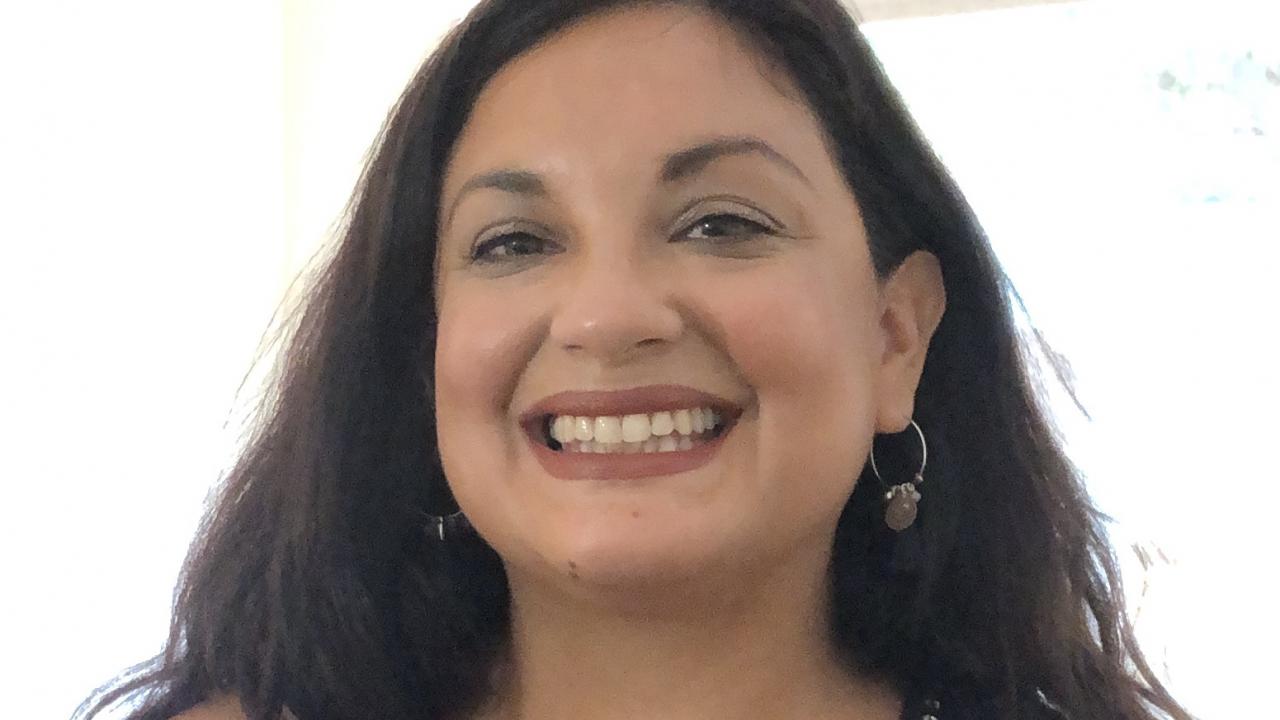
Reflections on Becoming a Parent Partner
Quick Summary
- How my personal experience became an opportunity to observe, validate, educate and reduce disparities within our communities By Danielle Martinez, Parent Partner, San Diego Center for Children, Wrap Works When my son was young and in the process of being
How my personal experience became an opportunity to observe, validate, educate and reduce disparities within our communities
By Danielle Martinez, Parent Partner, San Diego Center for Children, Wrap Works
When my son was young and in the process of being diagnosed, I was trying to figure out what to do to help my son and keep him in public school. I had questions like “What does this diagnosis mean? And will he be ok?”
When I was doing research, it felt like I had such a long road ahead of me I couldn’t wrap my head around where to start. Everything seemed convoluted—between insurances, IEPs and the opinions of different providers, it felt like getting treatment required me to speak a secret language. I was a young professional with the privilege of having a background in health. I was comfortable advocating for my son and asking questions.
Despite that, I still experienced assumptions being made about us, about what I could afford or understand, and I had to be on top of everything to make sure all of the options were presented to me and that my concerns weren’t being discounted. At that time, I remember thinking to myself, “what if I didn’t have insurance?”, “what if I didn’t speak the same language as my doctor?” and running a myriad of circumstances that would make it that much harder to push back and get what we needed.
When I applied to become a parent partner, I welcomed the opportunity to transform what I learned navigating systems to validate the experiences of the families we serve, as well as provide information to help them advocate for themselves. It is far too common to come across situations where the barriers to wellness, or the system involvement itself, come from assumptions, misunderstanding or blatant systematic discrimination.
As parent partners, we have the unique opportunity to acknowledge the social justice issues our communities face that are often tiptoed around and not spoken about directly.
Sometimes it looks like the child who has more probation requirements for a minor infraction than the other kids on your caseload. Sometimes it’s a parent who has CWS involvement who is perceived to be more “at risk” because they are a single parent. Sometimes it’s a family who is considered difficult to work with because they need transportation and miss appointments. Sometimes it’s the family whose treatment plan stereotypes them and doesn’t see their unique strengths.
Feeling as though I can believe in myself is something that being a part of Wraparound has done for me. In many other fields, being a single mom to a child with high needs and a lot of appointments is a liability. I used to hide my story from prospective employers to get hired or to advance. Through Wraparound, I have learned to see what used to be my liability as a strength. As a parent partner, taking the time to listen to what families have faced in treatment and seeing their strengths can be a simple first step in reducing the health disparities within our communities.
